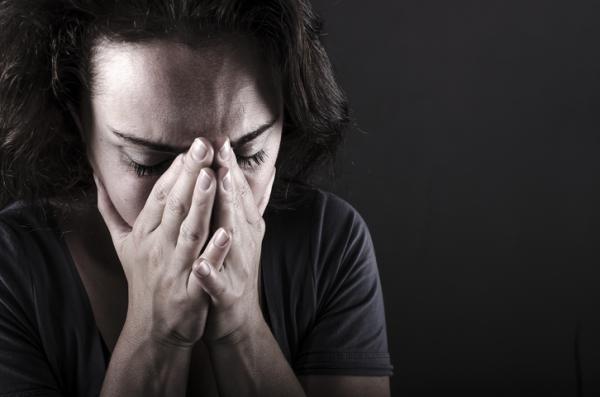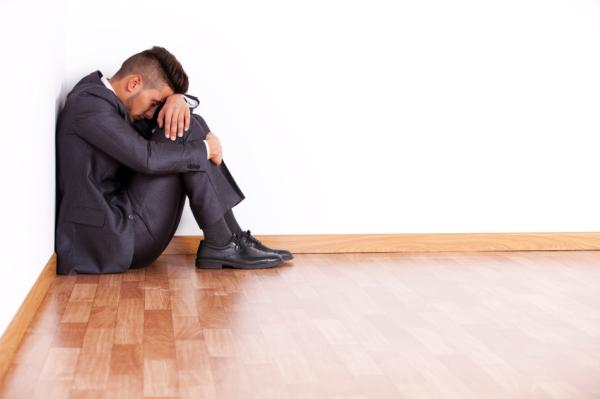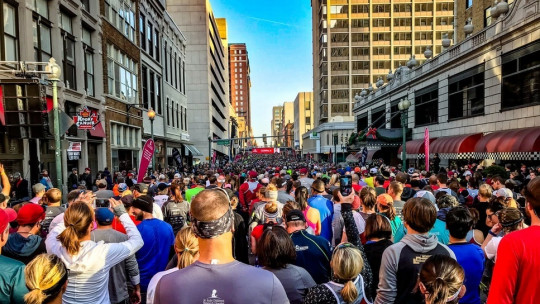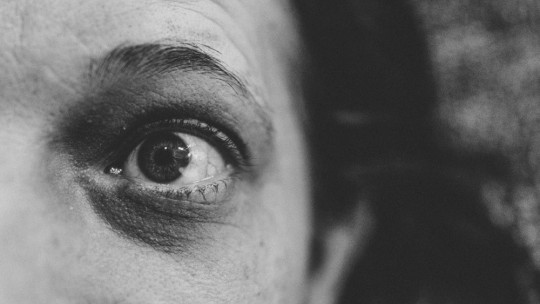Agoraphobia is one of the most common anxiety disorders and is characterized by suffering from an intense and irrational fear of being in places or situations where it may be embarrassing for the person to leave or difficult to escape. People with this type of condition cannot lead a normal and satisfactory life, since they fear all the time that wherever and whenever they are, they may experience a panic attack or anxiety crisis. The places and situations that they usually avoid are, for example, open spaces, crowds, shopping centers, social events, public transport and even in the most serious cases they are afraid of leaving the house. The treatment to overcome agoraphobia is fundamentally based on psychotherapy and sometimes some drugs such as anxiolytics and antidepressants can also be administered to cure it. But, How to overcome agoraphobia without medication? , can it be achieved? In this PsychologyFor article, we are going to give you more information about this disorder and explain what its treatment consists of.
What does a person with agoraphobia feel?
Not all people with this disorder experience it in the same way and it is also important to take into account the intensity and severity of the symptoms. Some characteristics that have in common people with agoraphobia are the following:
- Fear of losing control in public places.
- Fear of finding yourself in places where you may make a fool of yourself or have difficulty leaving or fleeing.
- Fear of being alone. It causes you a lot of insecurity to be left alone somewhere or at home. since he thinks that something serious may happen to him, like a panic attack, and no one is going to be there to help him.
- Physical symptoms such as difficulty breathing, tremors, stomach pains, dizziness, tachycardia, etc., when in environments that cause distress.
- Constant changes in mood and behavior.
- Fear of leaving home. They may stop leaving the house for long periods of time.
- Panic attacks. Sometimes, they may experience panic attacks when they are faced with situations that generate anxiety caused by their fear and being constantly worried about it.

What are the consequences of agoraphobia?
There are many consequences that this disabling disorder such as agoraphobia can bring with it. As in any type of disorder, the consequences will be more or less serious depending on how advanced the disease is, however, they must be taken into account to be able to treat it in time. Some consequences that agoraphobia brings with it are the following:
- Because the person is increasingly afraid of leaving the house and being in public places, depending on the type of job they have, they could end up losing it due to their very fear.
- You will become increasingly isolated from your family and friends, as you will begin to reject invitations to go out, preferring to stay locked up at home, so you will lose social contact.
- The person can fall into severe depression due to the lack of social contact that will increasingly increase and the constant feeling of inability to do the things they want.
- If you have a partner, it is likely that conflicts will begin to arise with them caused by the same agoraphobic symptoms and the lack of acceptance and understanding of the disease.
- The person can deprive themselves of doing activities that they like and even going on vacation.
- Over time, they generate a great feeling of guilt towards their loved ones, which further worsens their emotional well-being and their relationship with them.
- Self-esteem deteriorates when you feel unable to take care of yourself and depend so much on others.
- You can develop a dependence on substances such as alcohol, anxiolytics, etc.
All of these repercussions increasingly limit the person with agoraphobia and, therefore, do not allow them to lead a normal life, much less achieve their personal goals and objectives.
Tips to overcome agoraphobia without medication
After having explained what the symptoms and consequences that agoraphobia can bring, you need to know what its treatment is based on to overcome it. Regarding the treatment of agoraphobia, it is essential to psychotherapy, However, in some cases (not all) it is combined with the administration of certain drugs such as antidepressants and anxiolytics. The professional is the one who will assess whether the use of drugs is really essential or not, since each case is different.
If you have gone to a professional and they have prescribed some drugs, you have to reflect on why you do not want to use them, since many times they do not want to consume them due to fear caused by a lack of information. Therefore, it is necessary to ask for information about the drugs you are being prescribed and assess how much they can contribute to your well-being. As for the drug consumption the following must be taken into account:
- You may not notice the difference in the first few days, since they usually do not take effect right away or unwanted side effects may appear, normally they disappear after a few days.
- Sometimes, it is necessary to try several drugs and/or reduce or increase the dose until you find the right one for you.
- In order for them to produce the effect that drugs have to do, they must be taken constantly.
- When you want to stop consuming them, you should do so with the guidance of a professional, since it is contraindicated to stop taking them overnight.
- Drug administration must be prescribed and controlled by a professional, you should never self-medicate.
What you can do to be less likely to need medication is to be consistent with psychological therapy and really put into practice what you learn in it. Some of the most common exercises learned in cognitive behavioral therapy and what you can do outside of it are the following:
Relaxation techniques
The relaxation techniques learned during therapy must be put into practice daily outside of therapy. These techniques are very simple to learn and are essential to overcome agoraphobia and panic attacks. One of the techniques that is normally used is diaphragmatic breathing which consists of inhaling slowly and deeply, feeling how the abdomen swells, holding the air for a few seconds and exhaling slowly, releasing the air through the mouth.
Exhibition in imagination and live
Apart from working on these types of exposures in therapy, it is also necessary to carry them out at home. You can schedule sessions of this type of exposure, first, in the imagination (closing your eyes and imagining the situations that generate fear, starting with the least intense ones and reducing anxiety with relaxation techniques) and once you have managed to reduce anxiety in the imagination, you need to start exposing yourself physically. As in the exhibitions in the imagination, you have to go gradually exposing yourself to feared situations live. For example, if you are afraid to leave the house, you can start by just going out to the door, stay there for a while doing your breathing exercises and when you feel calmer, move forward, you can sit on the bench outside the house for a while. while and so on.
If you want to reduce the probability of having to consume drugs to cure agoraphobia naturally, it is important to pay early attention to this condition and to be consistent with this type of exercises such as relaxation techniques and gradual exposure. We must not forget that it is important to follow the treatment rigorously because if not, it is more likely that there will be relapses and that we will have to start over.

This article is merely informative, at PsychologyFor we do not have the power to make a diagnosis or recommend a treatment. We invite you to go to a psychologist to treat your particular case.
If you want to read more articles similar to How to overcome agoraphobia without medication we recommend that you enter our Clinical Psychology category.









